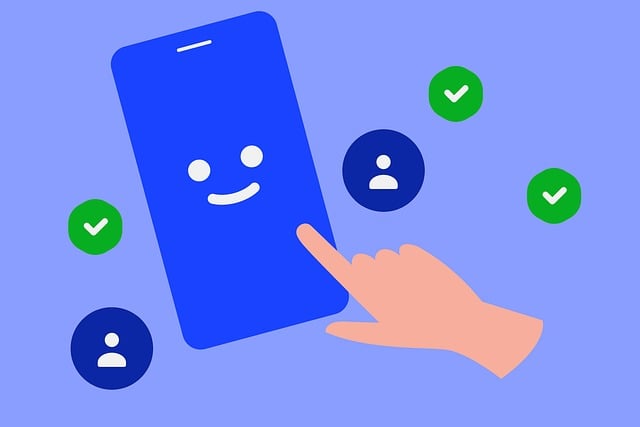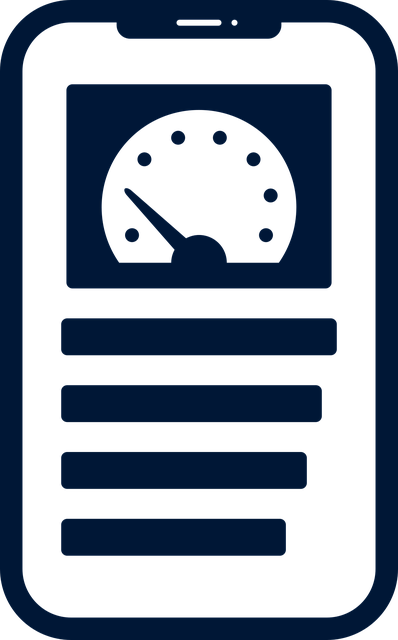Robocalls from law firms and telemarketers are a growing problem in Asheville, NC, but state's Unwanted Call Law offers protection. Advanced call blocking technology using AI and ML distinguishes legitimate calls from spam, significantly reducing unwanted robocalls. Apps like TrueCall, Hiya, and NoCallList integrate with National Do Not Call Registry for enhanced protection. Staying informed about TCPA regulations and new scams is crucial in combating these unwanted calls from law firm robocall operations in NC.
Asheville residents face a persistent menace from robocalls, but technology offers a robust shield. In this article, we explore the intricate ways tech combats these automated intrusions, highlighting North Carolina’s Unwanted Call Laws and innovative solutions like AI-driven call blocking.
Discover top apps designed to protect you and understand how machine learning enhances filtering effectiveness. Learn from resources dedicated to keeping your lines clear of unwanted calls, ensuring a safer digital environment in the vibrant city of Asheville.
Understanding Robocalls and NC's Unwanted Call Laws

Robocalls, or automated telephone calls, have become a pervasive issue for many Americans, including residents of Asheville, North Carolina. These pre-recorded messages, often promoting products, services, or political campaigns, are capable of flooding phone lines at an alarming rate. While some robocalls offer valuable information, many fall into the category of unwanted and fraudulent activities. In North Carolina, the Unwanted Call Law (also known as the “Do Not Call” law) is designed to protect residents from these nuisance calls. The legislation restricts telemarketers from making automated or prerecorded calls to North Carolina residents who have registered their phone numbers on the state’s Do Not Call list. This law empowers Asheville citizens to take control of their communication preferences and reduce the number of unwanted robocalls they receive.
The Unwanted Call Law firms in NC play a vital role in ensuring compliance with these regulations. These legal professionals specialize in protecting consumers from aggressive or misleading telemarketing practices. They assist individuals in registering their numbers on the Do Not Call list and take necessary legal actions against companies that violate the state’s laws, thereby creating a safer and less disruptive communication environment for Asheville residents.
How Technology Blocks Automated Calls

Modern technology plays a pivotal role in safeguarding Asheville residents from the nuisance and potential dangers posed by robocalls, which have become increasingly prevalent across the nation. Advanced call blocking systems utilize sophisticated algorithms and machine learning to identify and prevent automated calls before they reach their intended recipients. These innovative solutions analyze various factors, such as caller ID data, patterns of behavior, and known sources of spam calls, to accurately distinguish between legitimate communication and unwanted robocalls from law firms or other organizations in North Carolina.
By employing dynamic call filtering techniques, these technologies adapt to new trends and tactics used by automated calling systems, ensuring ongoing protection against evolving threats. This proactive approach not only blocks nuisance calls but also enhances privacy and security for Asheville residents, who can enjoy a more peaceful and undisturbed communication experience.
Effective Apps for Protecting Asheville Residents

In the fight against robocalls, several effective apps have emerged to safeguard Asheville residents, leveraging technology to combat unwanted calls from law firms and other persistent ringers. Apps like “TrueCall” and “Hiya” stand out for their robust capabilities in identifying and blocking spam calls. These tools utilize advanced AI algorithms that learn and adapt to new patterns, ensuring a higher success rate in filtering out fraudulent or nuisance calls.
Moreover, apps such as “NoCallList” offer community-driven solutions by allowing users to contribute to a shared blacklist of known robocallers. Integrating with the National Do Not Call Registry, these applications provide an extra layer of protection under North Carolina’s Unwanted Call law firms regulations. By combining individual and collective efforts, Asheville residents can better protect themselves from intrusive calls, fostering a quieter and more peaceful environment.
AI and Machine Learning in Robocall Defense

Artificial Intelligence (AI) and Machine Learning (ML) are rapidly transforming the way we combat robocalls, providing a powerful defense mechanism for Asheville residents facing an unprecedented surge in unwanted calls from law firms in NC. These advanced technologies offer a sophisticated approach to identifying and blocking fraudulent or nuisance calls before they reach their targets.
By analyzing vast call data sets, AI algorithms can learn patterns and characteristics of robocalls, enabling them to adapt and improve over time. ML models can distinguish between legitimate calls and spam with impressive accuracy, ensuring that only genuine communications reach Asheville residents’ phones. This technology enhances the effectiveness of existing anti-robocall measures, providing a robust layer of protection against the ever-evolving tactics employed by call spammers.
Staying Informed: Resources for Call Filtering

Staying informed is a powerful tool in the battle against robocalls, especially when it comes to protecting Asheville residents from aggressive marketing tactics employed by some law firm operations. The Telephone Consumer Protection Act (TCPA) in North Carolina provides significant protections against unwanted calls, but staying updated on the latest techniques used by scammers and legal firms alike is crucial.
Asheville residents can stay ahead of robocalls by exploring resources offered by government agencies like the Federal Trade Commission (FTC), which offers comprehensive guides and warnings about common scams. Additionally, consumer advocacy groups often share insights into new trends in telemarketing, helping individuals identify potential threats. Utilizing call-blocking apps and software is another effective strategy, many of which learn to recognize and filter out specific patterns of calls, including those from law firm robocall operations.






